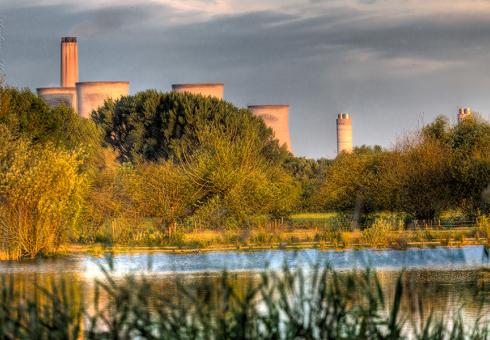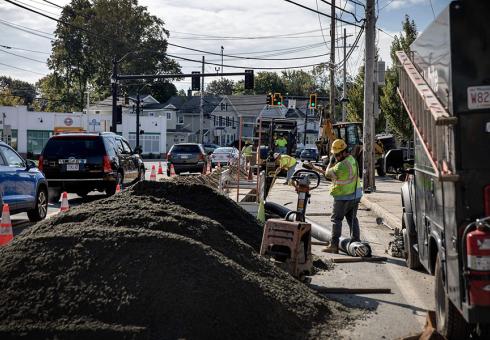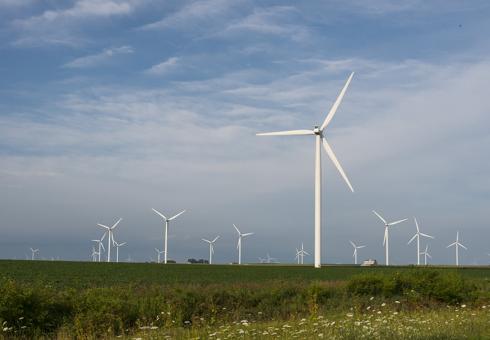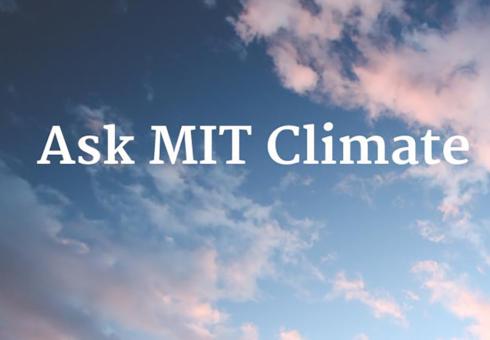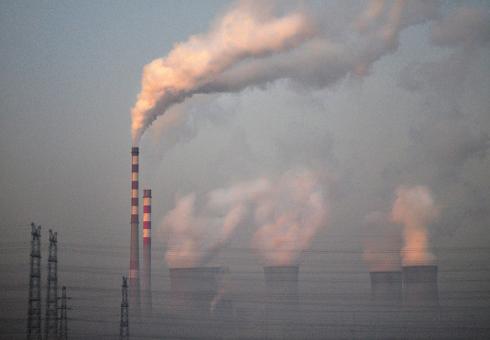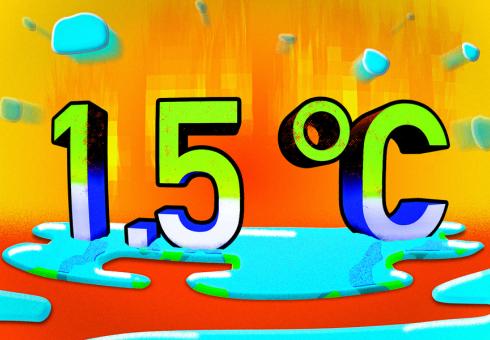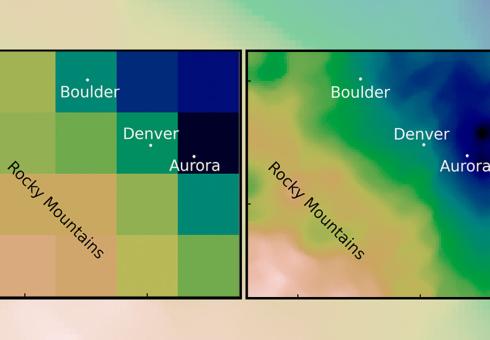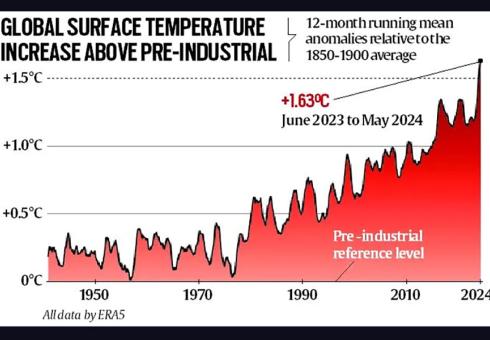CS3 In the News
The burgeoning global food trade is a lifeline for billions, but it is fragile and hard on the planet (Science)
The underlining tech of hydrogen passenger cars can still be transformative.
First U.S. trial of this innovative technology to be provided to an entire neighborhood by a major utility
MIT Joint Program Co-Director Emeritus John Reilly highlights key challenges (Associated Press)
Emissions are attributed to the country where they happen geographically—even if the energy produced, or the products manufactured, are destined for somewhere else (MIT Climate Portal)
Figure represents 64-66% of global output of tetrafluoromethane and hexafluoroethane, MIT study finds (The Guardian)
New data shows global temperatures breached the crucial 1.5 degrees Celsius threshold for 12 months in a row. What does this sustained heat mean for tackling climate change? (DW)
Upcoming MIT Joint Program study aims to provide a comprehensive analysis of sustainable aviation fuel deployment scenarios up to 2050 (LatinAmerican Post)
A new downscaling method leverages machine learning to speed up climate model simulations at finer resolutions, making them usable on local levels (MIT EAPS)
There is an 80% chance that the world will temporarily cross the 1.5 degree Celsius threshold in the next five years. A long-term breach would accelerate and intensify the catastrophic impacts of climate change. (The Indian Express)
MIT Joint Program Deputy DIrector Sergey Paltsev highlights lower climate impact of EVs over conventional vehicles (MSN, The Cool Down)



